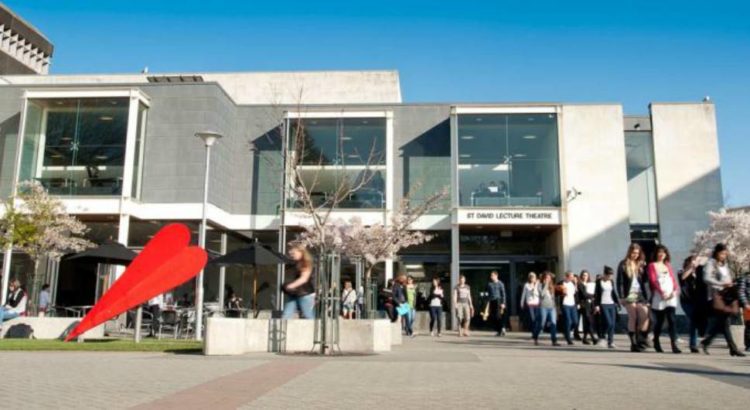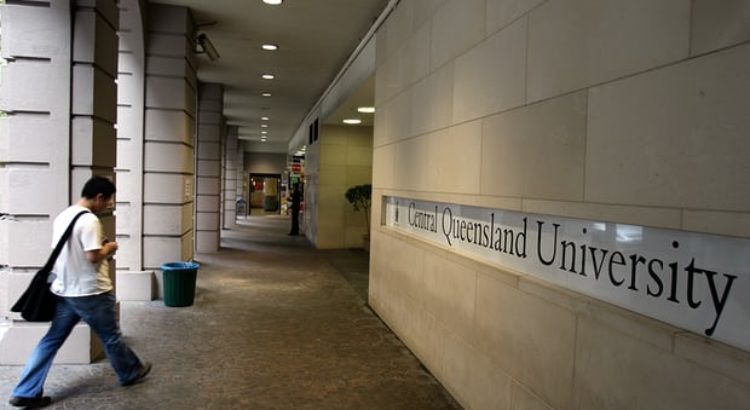It rewards those who can memorise and regurgitate and does not address the individual needs of students.
It does not inspire, nor does it deliver the skills students will need to flourish in the world we live in today.
It does not engage students nor develop critical thinkers and independent life-long learners. In actual fact, it is a model that beats any love of learning out of students the further they progress on the assembly line and dare I say it, it does the same to teachers too.
Surely, we are past the point where we need to advocate substantial change to our education system and in particular our pedagogical approach.
I believe this is widely recognised, yet the change we see is not enough.
Granted there are educational systems across the world that have brought about this change and indeed individual schools that have reinvented themselvesl and their own classrooms.
Yet it appears the majority of systems and teachers continue to persist with teaching from the textbook and worksheets and resist such change. Thus my frustration.
I understand the difficulty of such change and the fears that come with it, especially in an environment where success is often judged on school performance in league tables and publicised standardised testing results, neither of which benefit the individual students.
In a world where 21st Century learning environments and pedagogical practice is highlighted on nearly every professional forum and at the forefront at a multitude of educational conferences, the lack of progress in this area and indeed the pace is almost unfathomable.
My frustration with this turned to almost disbelief earlier in the year.
I attended a seminar presented by a university academic on 21st Century learning environments.
The presentation was good and the presenter was clearly able to link the information and examples to valid and proven increased engagement, outcomes and achievement of students.
It was good but nothing I hadn’t heard numerous times over the last 15 years.
The response from the audience through their questioning however, was less than impressive.
It appeared to me the need for such change and the enhanced outcomes were largely ignored with extreme focus around the ergonomic concerns surrounding furniture or duty of care and line of sight in contemporary learning spaces. Are you kidding me?!
Are we really going to deny students opportunities to excel as global citizens because of reasons like this. Surely it is about what is best for the students and not educators refusing to let go of the past.
By no means am I criticising the practise of great teachers that have come before, if anything it is these teachers that are the first to adapt and change their practice to meet the needs of students regardless of time and place.
However, we have an obligation to reinvent all of our schools for the benefit of all students, relevant to the world they live in today.
Schools must imitate life and give students the same opportunities that our world is currently delivering on every other platform, before they decide they don’t needs schools to learn.
I think many may have already worked this out and social integration is the only purpose many see in schools.
However schools, and in particular passionate educators, have a great deal to give in the future.
The required transformation is just taking way too long.
Eighteen years into the 21st Century we are still taking about it rather than putting it into practice.
Hopefully we are not far away from where we can stop referring to 21st Century teaching and learning as ‘innovation.’
Source of the article: https://au.educationhq.com/news/49138/the-lack-of-change-in-education-is-frustrating/
















 Users Today : 29
Users Today : 29 Total Users : 35460292
Total Users : 35460292 Views Today : 39
Views Today : 39 Total views : 3419007
Total views : 3419007